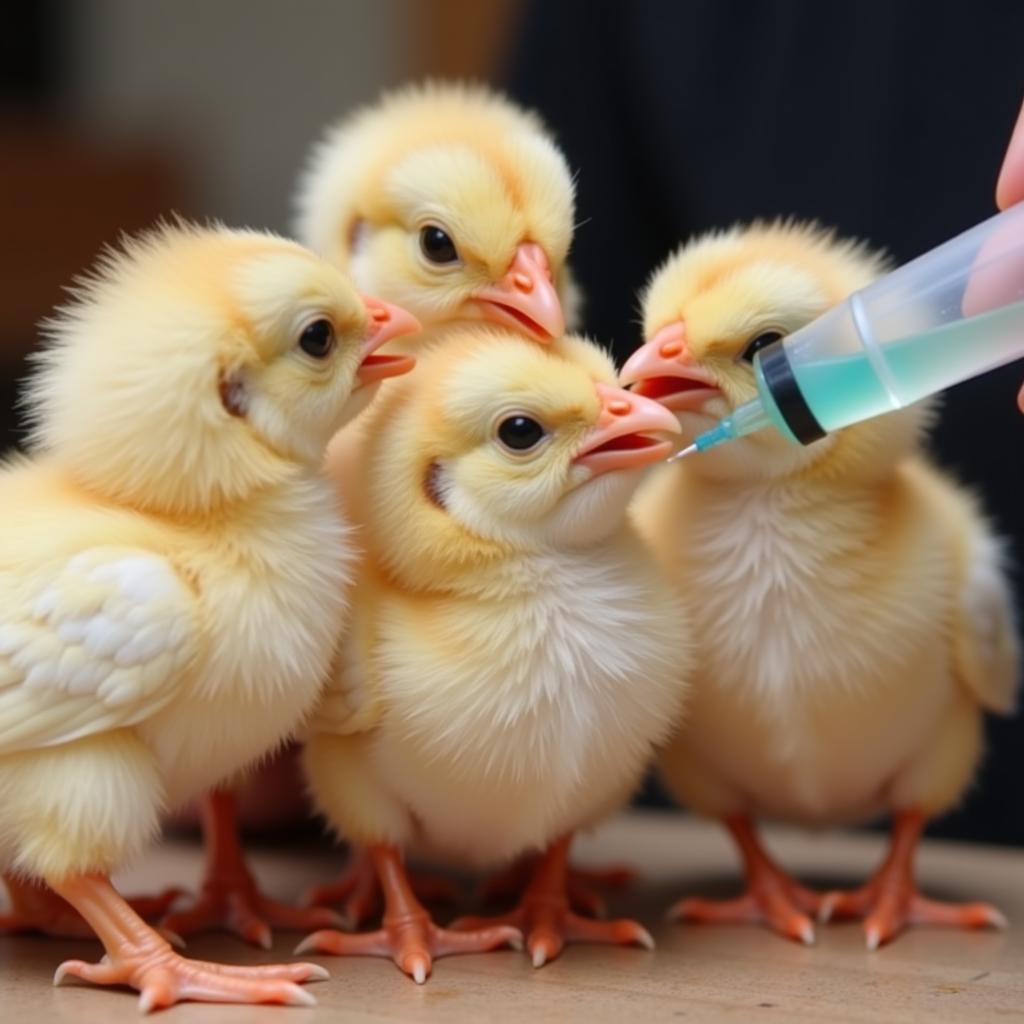African Grey Parrot Breeding Information: A Comprehensive Guide
African Grey Parrot Breeding Information is crucial for anyone considering adding these intelligent and beautiful birds to their lives through breeding. This guide covers essential aspects, from understanding their breeding cycle to creating the ideal environment for successful rearing.
Understanding the African Grey Parrot Breeding Cycle
Breeding African greys requires careful planning and understanding of their natural rhythms. These parrots typically reach sexual maturity between 4 and 6 years of age, although some may breed earlier or later. Knowing the african grey egg laying age is important for breeders. Their breeding season usually aligns with the warmer months, but this can vary depending on environmental factors.
A key factor in successful breeding is pair compatibility. Choosing a compatible pair is more than just putting a male and female together. Observe their interactions and ensure they exhibit signs of bonding, such as mutual preening and feeding. Force-pairing rarely works and can lead to stress and aggression.
Creating the Ideal Breeding Environment
Providing the right environment is essential for successful African grey parrot breeding. A spacious aviary or cage is crucial, providing ample room for flight and exercise. The enclosure should be equipped with suitable nesting boxes, perches, and enrichment items.
Dietary needs change during the breeding season. A diet rich in fruits, vegetables, high-quality pellets, and a calcium supplement is vital for healthy egg production and chick development. Maintaining a consistent temperature and humidity level is also important for breeding success.
What are the ideal cage dimensions for a breeding pair? A larger cage is always better, but a minimum of 4 feet wide, 4 feet tall, and 2 feet deep is recommended. Remember, these intelligent birds need space to thrive.
Nesting and Incubation
Once a pair is bonded and the environment is suitable, they will likely begin nesting. The female typically lays 2 to 6 eggs, which she incubates for approximately 28 to 30 days. During this period, the male plays a crucial role in providing food and protecting the nest.
It’s essential to minimize disturbance during incubation. Excessive handling or noise can stress the hen, potentially leading to egg abandonment. Regularly monitor the nest box for cracked or infertile eggs.
If you’re interested in the african grey pair price, several factors can influence the overall cost.
Chick Rearing and Hand-Feeding
Once the chicks hatch, both parents participate in their care. However, hand-feeding is often preferred to ensure optimal nutrition and socialization. Hand-feeding requires specialized knowledge and equipment. It’s crucial to understand proper hand-feeding techniques and to consult with an experienced avian veterinarian or breeder.
Dr. Avian, a renowned avian veterinarian, advises, “Hand-feeding allows for closer monitoring of chick growth and development, and it also helps to create a strong bond between the chick and humans.” He adds, “However, it’s a time-consuming process and requires dedication and commitment.”
 Newly hatched African grey parrot chicks being hand-fed.
Newly hatched African grey parrot chicks being hand-fed.
Conclusion
Breeding African grey parrots can be a rewarding experience. However, it requires careful planning, dedication, and a thorough understanding of these intelligent birds. By providing the proper environment, nutrition, and care, you can increase the chances of successful breeding and contribute to the preservation of this amazing species. For those interested in purchasing an African grey, resources are available to find african grey parrot for sale in karachi. Understanding African grey parrot breeding information is the first step.
You might also want to check the african grey parrot price in kolkata or look for african grey parrot breeders in thrissur kerala.
FAQ
- How long do African grey parrots live? They can live for 50 to 80 years in captivity.
- What are the signs of a bonded pair? Mutual preening, feeding, and protecting the nest are good indicators.
- How many eggs do African greys typically lay? They usually lay 2 to 6 eggs per clutch.
- How long does it take for African grey eggs to hatch? Incubation takes about 28 to 30 days.
- What is the ideal temperature for breeding African greys? A temperature range of 70-80°F is generally recommended.
- What do baby African greys eat? In the wild, they are fed regurgitated food by their parents. Hand-fed chicks are fed a specialized formula.
- When can baby African greys leave the nest? They typically fledge at around 10-12 weeks old.
For further assistance, contact us at Phone Number: +255768904061, Email: kaka.mag@gmail.com or visit our address: Mbarali DC Mawindi, Kangaga, Tanzania. We have a 24/7 customer service team.
